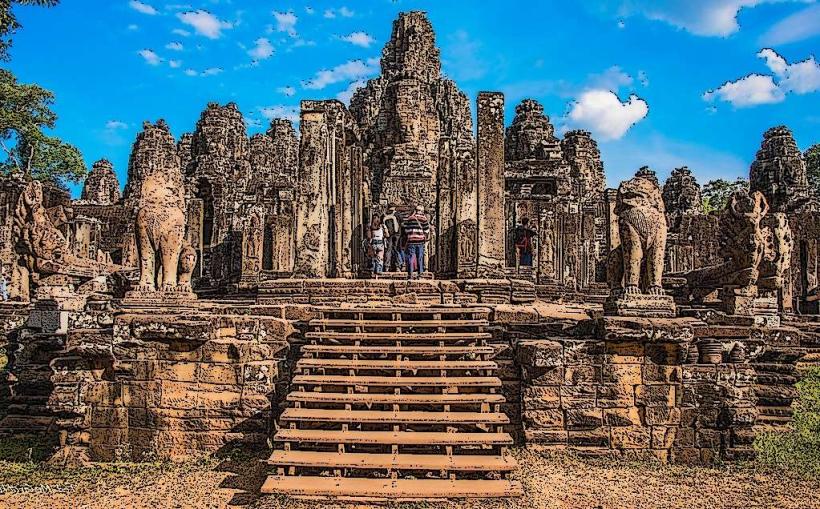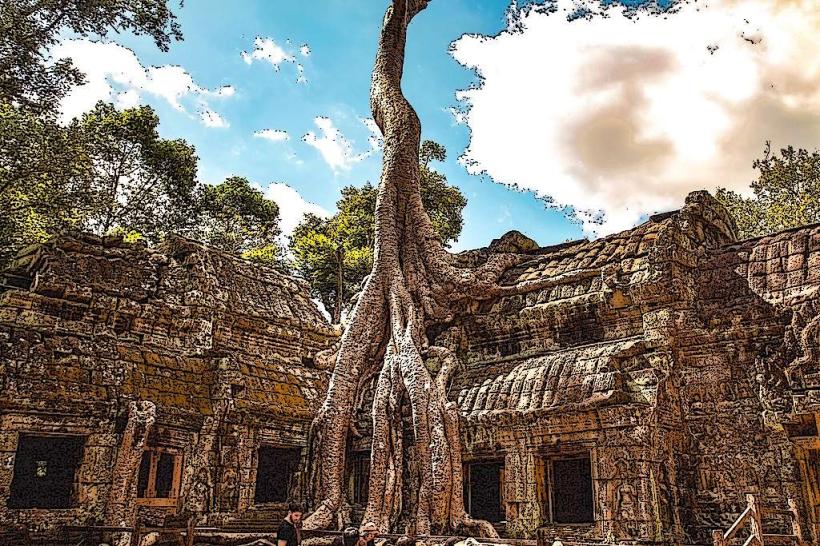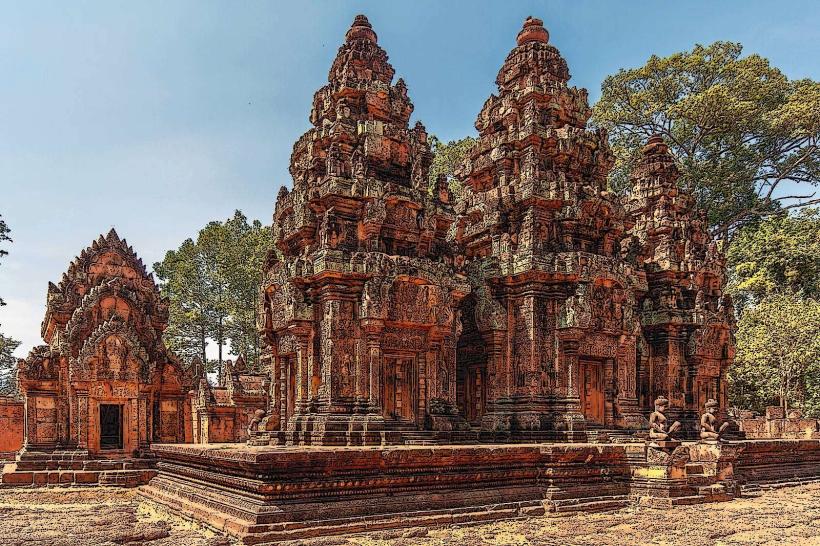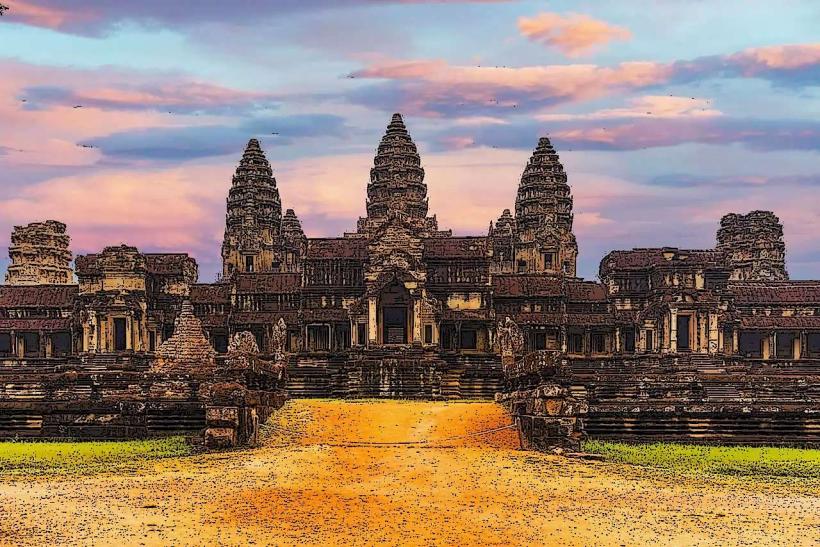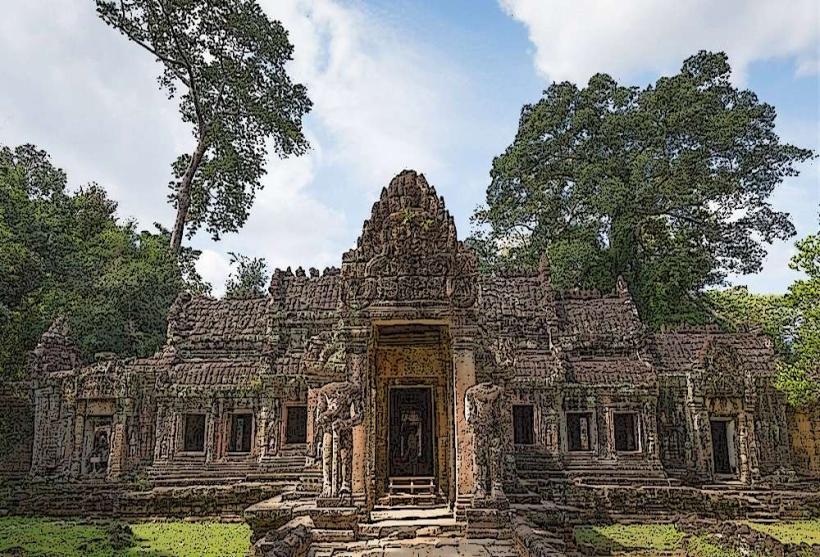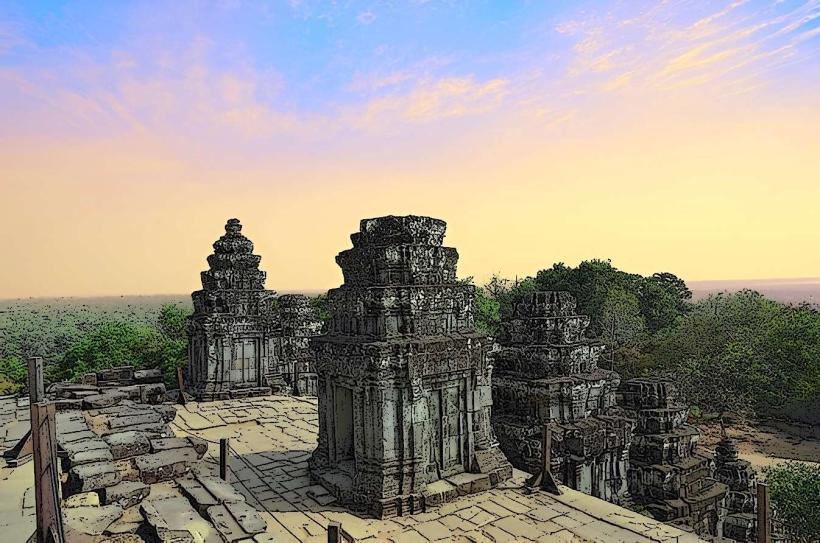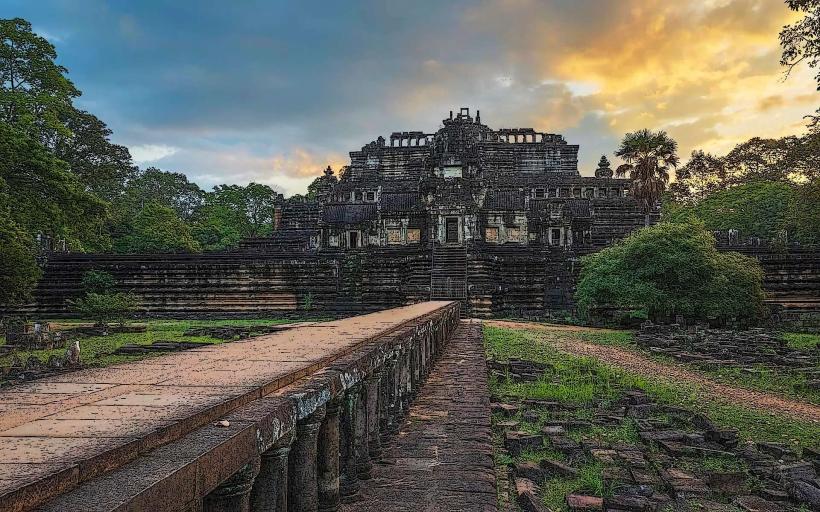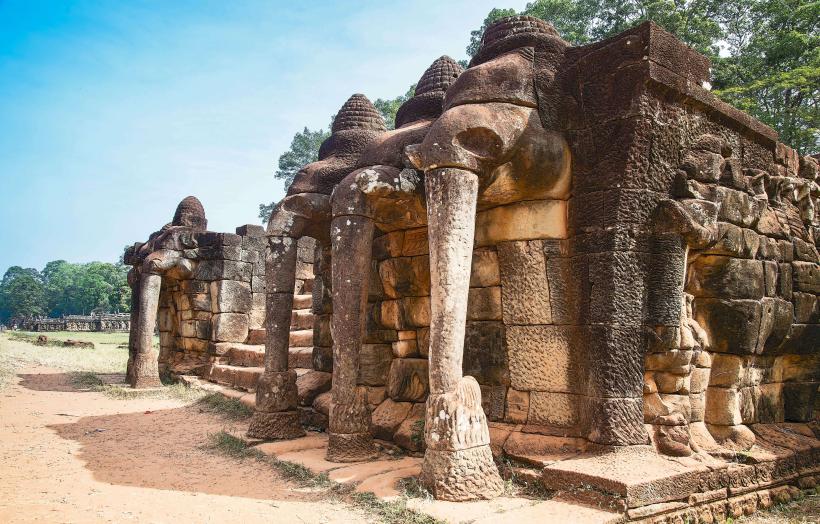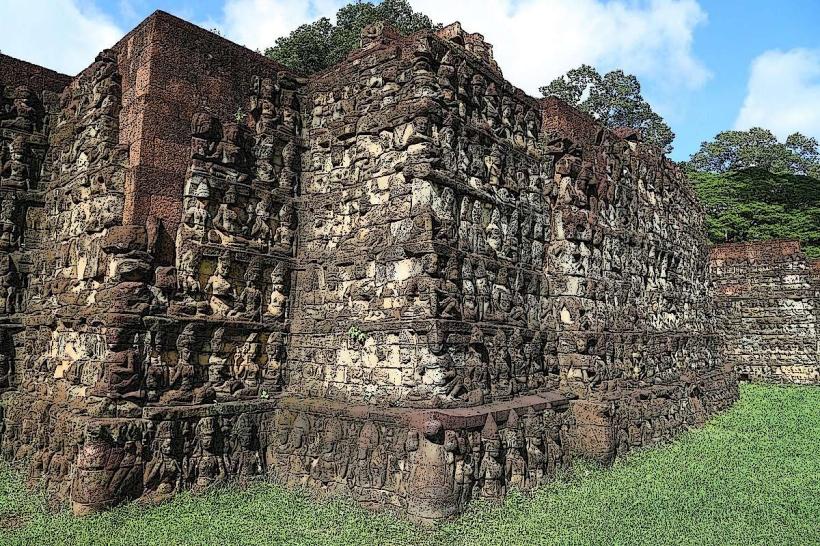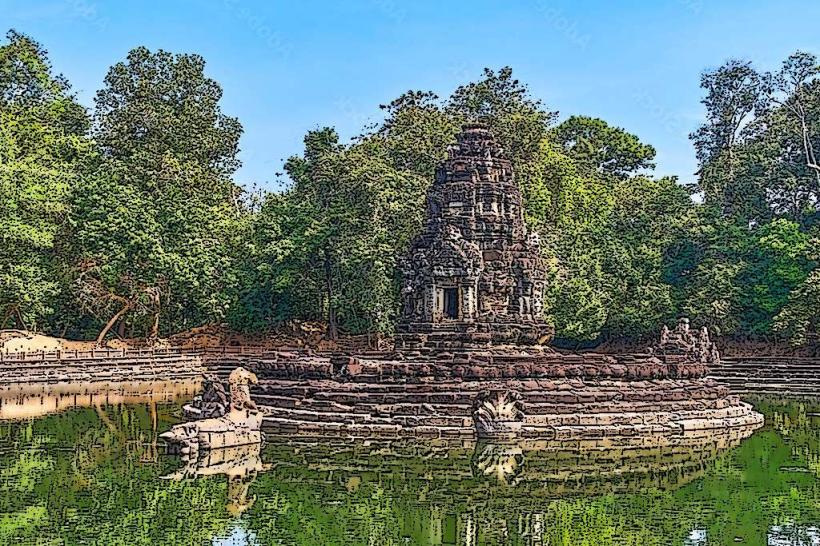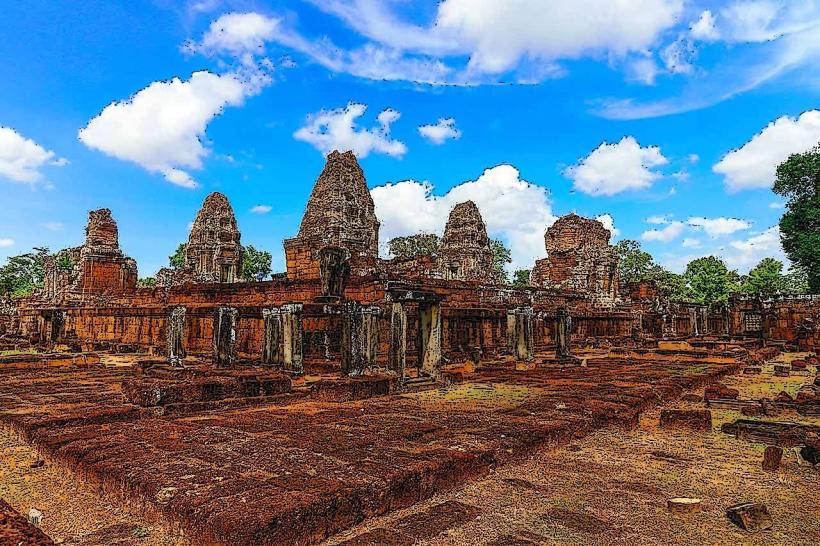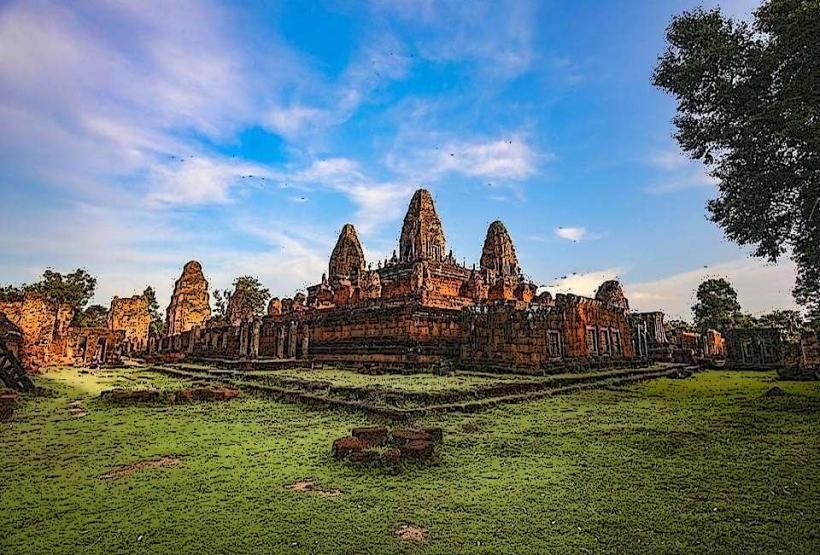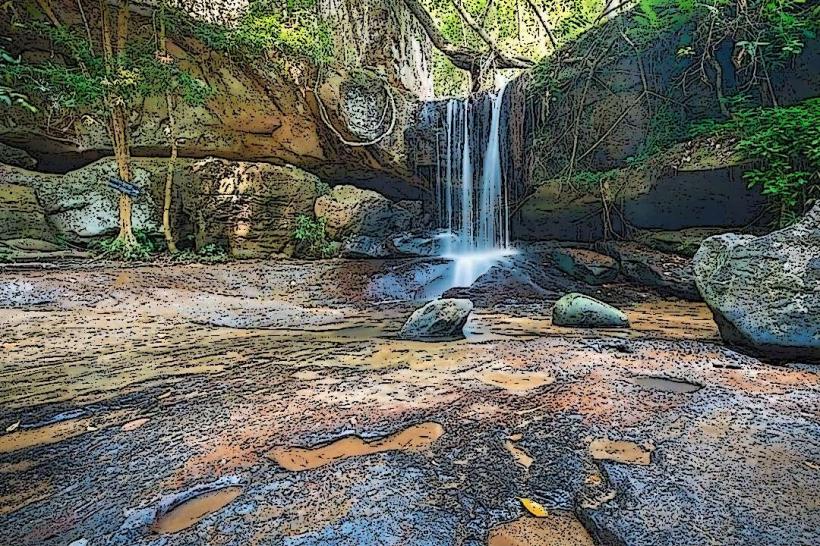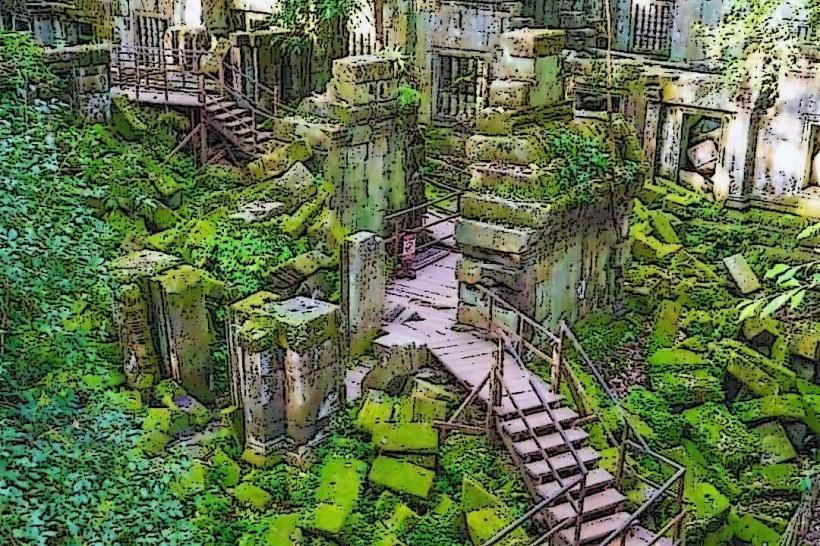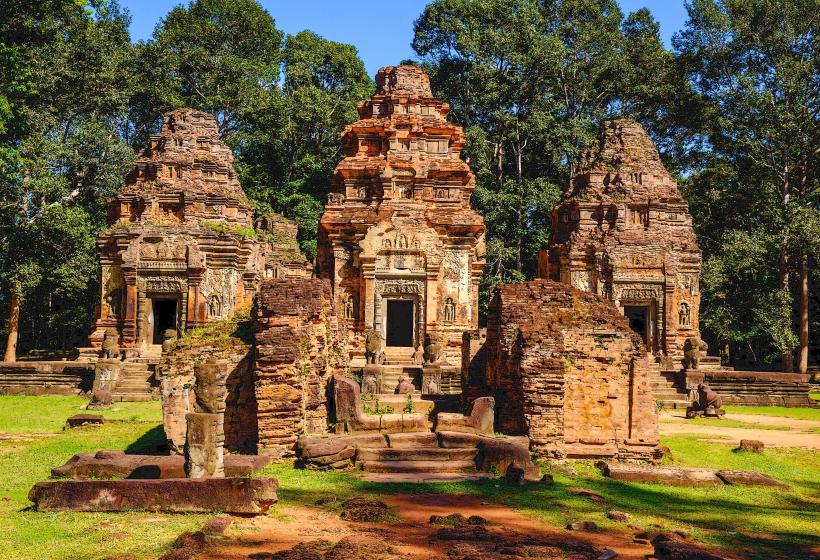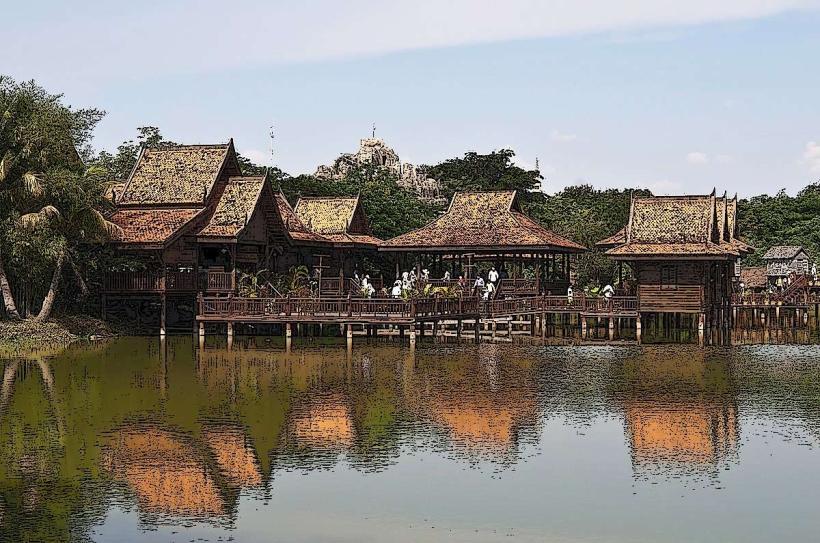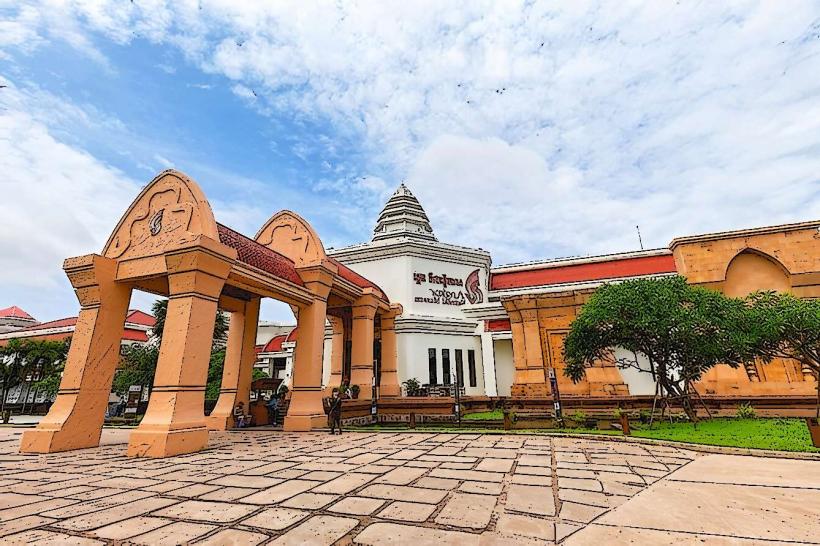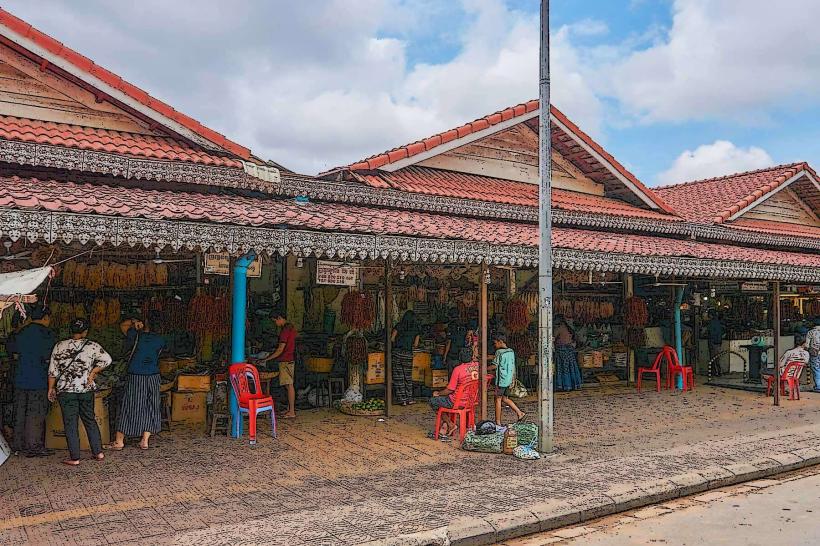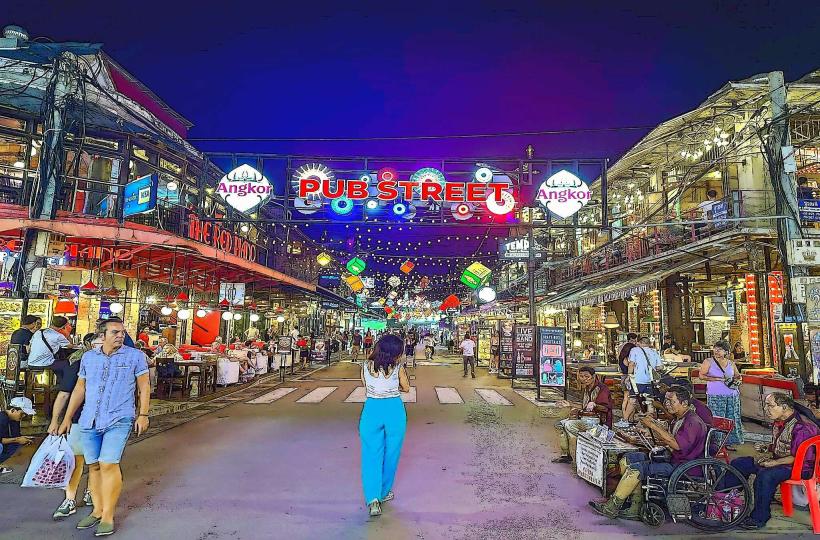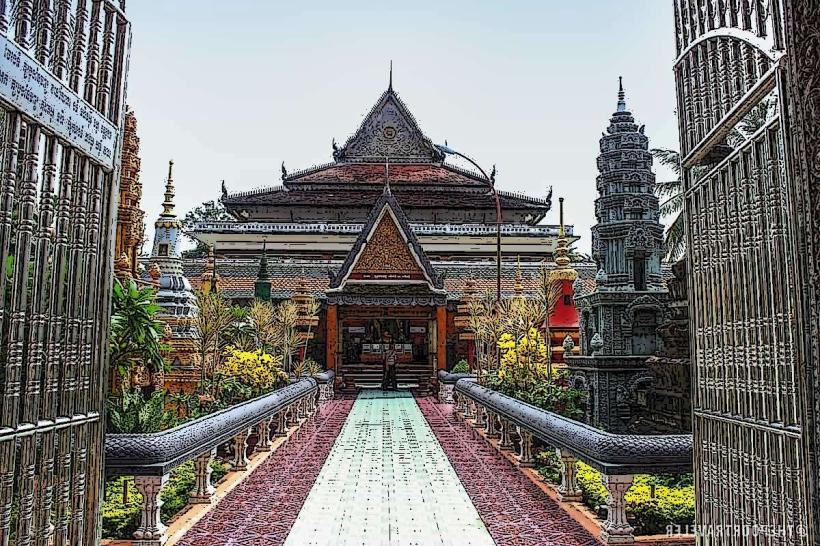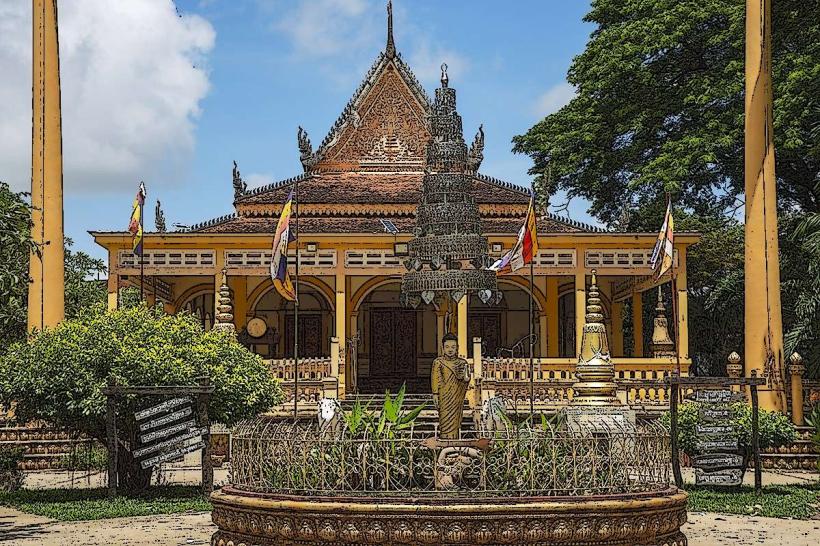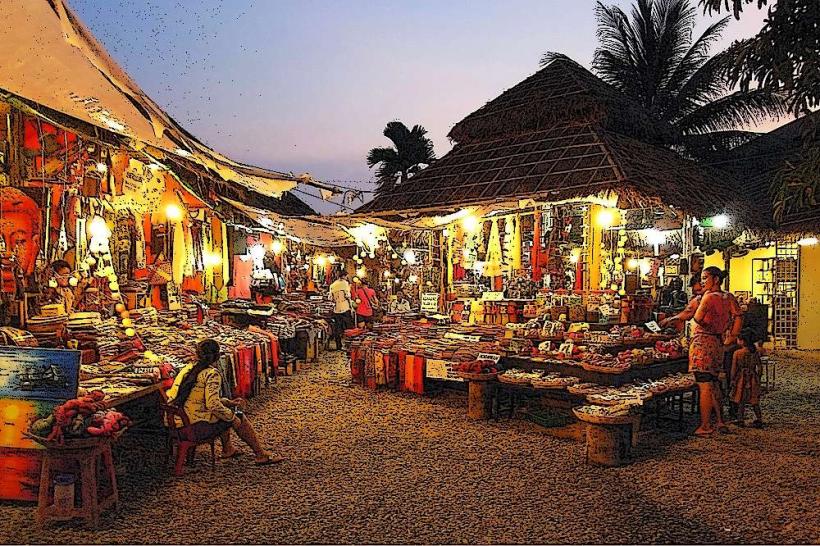Information
Landmark: Ta SomCity: Siem Reap
Country: Cambodia
Continent: Asia
Ta Som, Siem Reap, Cambodia, Asia
Ta Som – The Hidden Jungle Temple of Angkor
Ta Som is a small yet picturesque temple in the Angkor Archaeological Park, known for its serene atmosphere, intricate carvings, and a giant strangler fig tree growing over its eastern gate. Built in the late 12th century by King Jayavarman VII, Ta Som served as a Buddhist monastery and shrine dedicated to the king’s father.
Unlike the grand temples of Angkor Wat and Bayon, Ta Som is less crowded, making it a peaceful site for exploration and photography. Its overgrown ruins, combined with stunning bas-reliefs and ancient stone structures, give visitors a sense of adventure reminiscent of Ta Prohm but on a smaller scale.
History of Ta Som
- Constructed in the late 12th century by King Jayavarman VII (reigned 1181–1218 AD).
- Dedicated to Buddhism, honoring the king’s father, Dharanindravarman II.
- Like many of Jayavarman VII’s temples, it was later converted into a Hindu shrine when Hinduism regained prominence in the Khmer Empire.
- The temple remained largely untouched for centuries, with nature reclaiming its structures.
- Restoration work by the APSARA Authority and the World Monuments Fund has helped preserve its carvings and gates, while still keeping its natural beauty intact.
Architectural Features of Ta Som
1. Gopuras (Entry Gates) with Bayon-Style Faces
- Ta Som has three enclosures, with two main gopuras (entrance gates).
- The western and eastern gates feature massive stone faces, similar to those found in Bayon Temple.
- These serene faces, likely representing Lokesvara (the Bodhisattva of Compassion) or Jayavarman VII, create a mystical aura.
2. The Famous Strangler Fig Tree at the East Gate
- The eastern gopura (gate) is engulfed by a giant strangler fig tree, making it one of the most photogenic sites in Angkor.
- The roots cascade over the ancient stonework, creating a stunning fusion of nature and architecture.
- This image is often compared to Ta Prohm but with fewer crowds.
3. The Central Sanctuary and Inner Galleries
- The central temple consists of a square sanctuary, surrounded by covered galleries with intricate carvings.
- The carvings depict Buddhist and Hindu motifs, including Apsaras (celestial dancers) and nagas (serpents).
4. Bas-Reliefs and Decorative Elements
- The temple walls contain well-preserved bas-reliefs, including Buddhist deities, floral patterns, and scenes of daily life.
- Many carvings were defaced when Hindu rulers attempted to erase Buddhist influences.
Significance of Ta Som
- Represents the spiritual devotion of Jayavarman VII, dedicated to his father.
- Showcases the blending of Buddhism and Hinduism within Khmer history.
- A prime example of how nature and ancient ruins coexist, making it a favorite among photographers and explorers.
Visiting Ta Som
1. Best Time to Visit
- Early morning (before 9 AM) or late afternoon (after 3 PM) for the best lighting and fewer tourists.
- The eastern gate with the tree roots is most photogenic in soft sunlight.
2. Getting There
- Located about 34 km from Siem Reap, near Neak Pean and Preah Khan.
- Part of the Grand Circuit tour, easily reached by bicycle, tuk-tuk, or private car.
3. What to Expect
- A peaceful, uncrowded temple with beautiful carvings and ancient ruins.
- A stunning tree-covered entrance at the eastern gate, ideal for photography.
- Well-preserved carvings of Apsaras and Buddhist motifs, offering insight into Khmer religious history.
Conclusion
Ta Som is a hidden gem of Angkor, offering a tranquil atmosphere, stunning tree-covered ruins, and intricate carvings. It is perfect for those seeking a less touristy, more immersive experience in Cambodia’s ancient Khmer heritage.


